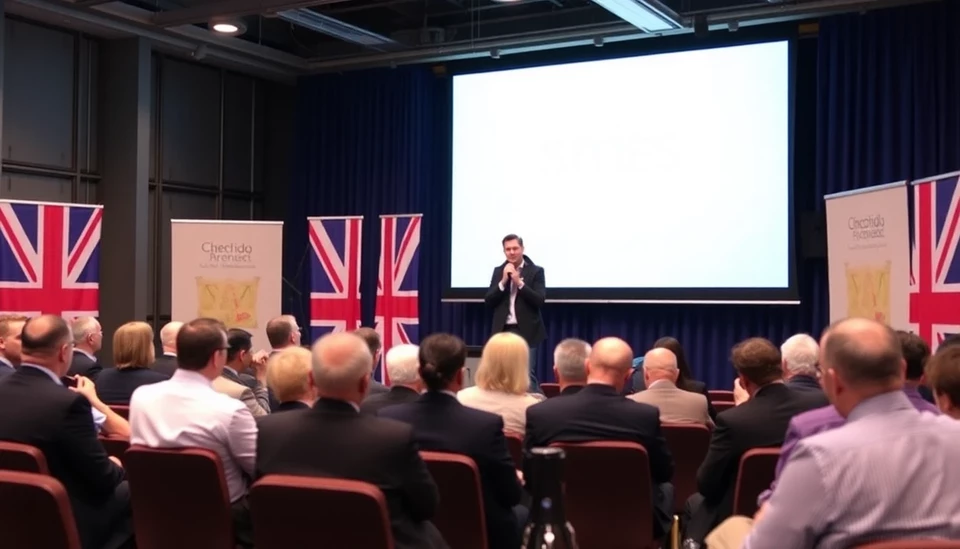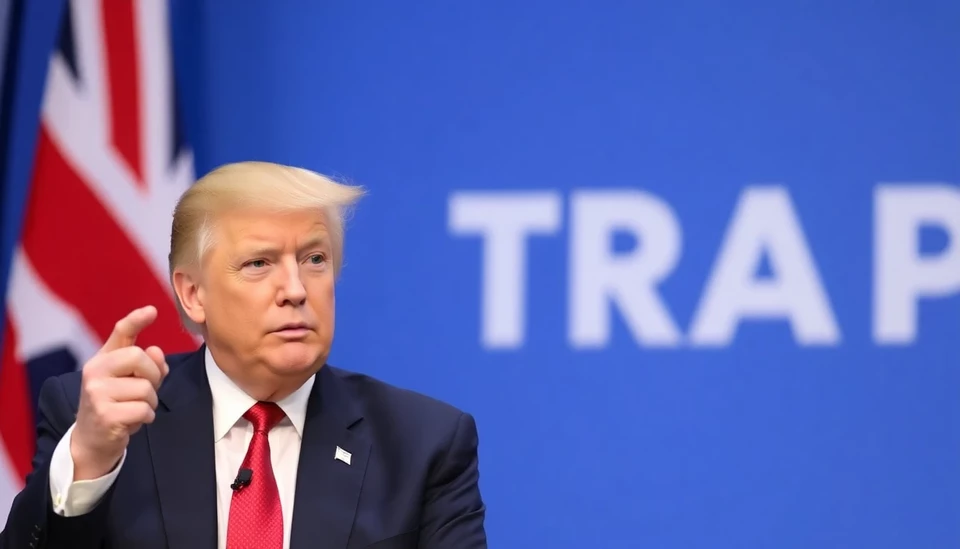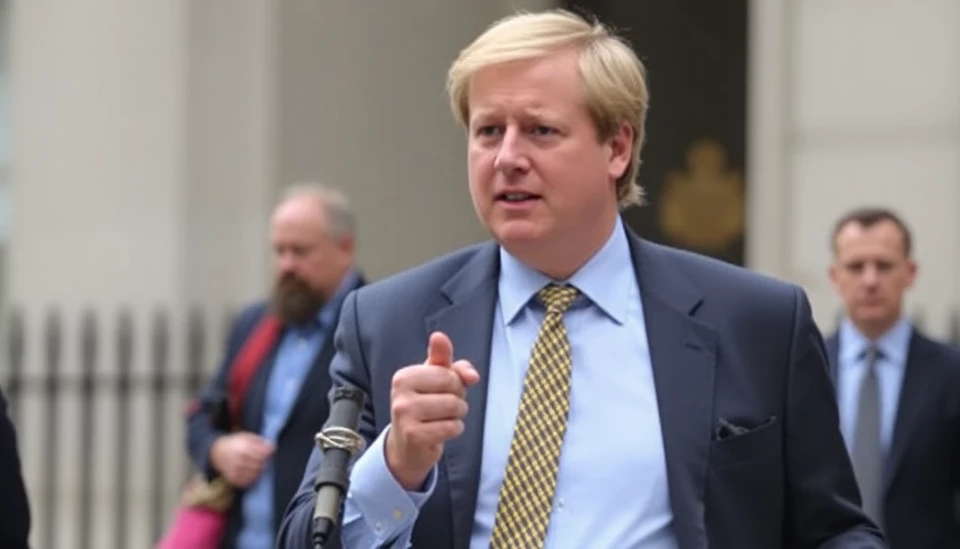
In a significant development in UK politics, Labour leader Keir Starmer has embarked on an ambitious quest to secure a comprehensive trade deal with India. This move comes on the heels of Prime Minister Rishi Sunak's previous attempts, which fell short of delivering the expected outcomes. Starmer's initiative signifies a strategic pivot in how Labour aims to reshape its international trade policies, especially with one of the fastest-growing economies in the world.
Starmer's push for the India trade deal was recently unveiled during his address at the Labour Party's annual conference, where he underscored the importance of strengthening ties with nations that promise economic growth and stability. He highlighted that despite the efforts made by his predecessor, the Conservative government, the UK has yet to capitalize on the full potential of a trade agreement with India.
Bringing attention to India's burgeoning market, which is expected to enhance trade opportunities significantly, Starmer's vision includes not only increasing bilateral trade volumes but also fostering economic partnerships that could benefit key sectors in the UK, including technology and manufacturing. He emphasized the significance of the Indian diaspora in the UK, suggesting that a solid trade bridge could yield extensive benefits for both countries.
Moreover, Starmer's approach indicates a departure from traditional political rhetoric that often focuses merely on the economic advantages. He aims to promote a collaborative partnership rooted in mutual benefit and shared values, addressing concerns over environmental standards, labor rights, and equitable trade practices. This nuanced strategy appears calculated to resonate with a broader electorate concerned about ethical trade practices and sustainability.
As part of this initiative, Starmer plans to engage with Indian officials and business leaders to outline Labour's priorities for the negotiations. Hopes for a swift agreement may take time, as recent negotiations have revealed a complex web of bureaucratic and political hurdles that both countries must navigate. Nonetheless, the Labour leader’s determination to reclaim the narrative around UK-India relations speaks volumes about his ambitions to not only reshape the party's identity but also to elevate the nation's standing on the global stage.
In stark contrast to Sunak's government, which has faced criticism for its handling of international trade post-Brexit, Starmer aims to project an image of a proactive and progressive Britain willing to engage with emerging economies. Some analysts note that Starmer’s bold geopolitical approach could serve to bolster the Labour Party's image as a viable alternative to the current administration, especially among undecided voters who prioritize international relations in their electoral choices.
As Kiwi culture continues to experience a wave of interest and trade opportunities, the Labour leader is trying to position himself and his party as the forefront of tapping into these favorable dynamics. With the next general election looming, his calculated campaign for a successful UK-India trade deal signals an effort to appeal to a diverse demographic, including young professionals and businesses seeking expansion in international markets.
Ultimately, whether Starmer can achieve a groundbreaking trade agreement with India remains uncertain. However, his commitment to fostering relationships with key global partners reflects a broader strategy that could redefine Labour’s foreign policy agenda and position the party more favorably in the eyes of the electorate.
As this situation continues to unfold, it will be intriguing to observe how Starmer's ambitions translate into actionable strategies and whether they resonate with voters prepared to rethink the UK’s global economic role.
#KeirStarmer #IndiaTradeDeal #UKPolitics #LabourParty #RishiSunak #InternationalRelations #GlobalTrade #EconomicGrowth
Author: Laura Mitchell




